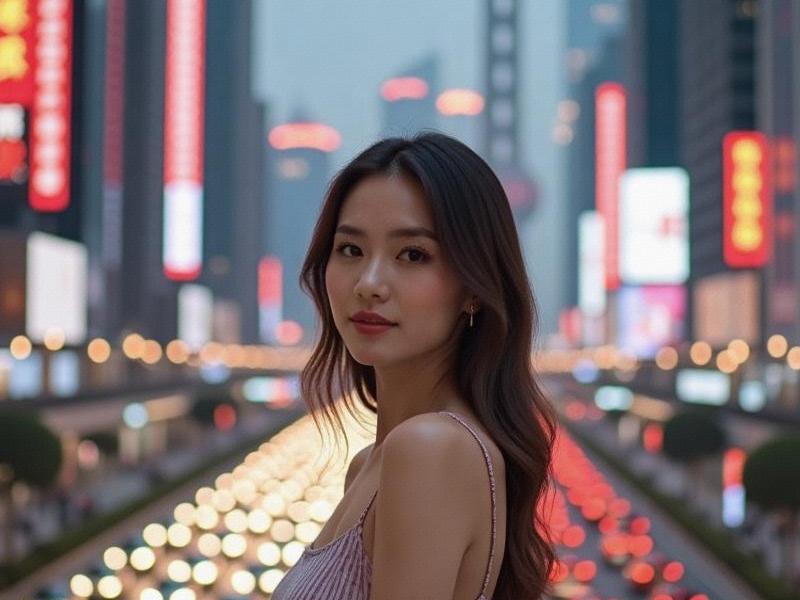The Phoenix of the East: Shanghai's 21st Century Cultural Revolution
⏱ 2025-06-17 00:36 🔖 上海龙凤娱乐联盟
📢0℃

Section 1: The Architecture of Memory
• Adaptive reuse projects:
- Power Station of Art's expansion (Asia's largest contemporary art museum)
- The Bund Finance Center's kinetic facade
- 1933 Old Millfun's transformation into design hub
- Blockchain-authenticated heritage preservation system
Section 2: The Creative Industrial Complex
新夜上海论坛 • New economic engines:
- West Bund AI Art District's 24/7 creator ecosystem
- Jing'an "Culture-Tech" incubator programs
- Global licensing deals for Shanghai-style motifs
- NFT platforms for local artists
Section 3: The Nighttime Renaissance
上海龙凤419手机 • After-dark cultural economy:
- 24-hour bookstore-theater hybrids
- Huangpu River light art installations
- Culinary performances blending Kunqu opera with molecular gastronomy
- AR-enhanced historical walking tours
Section 4: The Global Cultural Exchange
上海龙凤419 • International collaborations:
- Shanghai-London twin gallery program
- Co-produced streaming content with Netflix Asia
- Resident artist exchanges with 38 cities worldwide
- UNESCO-designated intangible cultural heritage programs
Cultural Insight:
"Shanghai isn't just preserving history—it's rewriting the rules of cultural engagement," observes NYU Shanghai cultural economist Dr. Lena Wong. "By treating the entire city as a living museum while aggressively embracing digital innovation, they've created a template for post-industrial cities worldwide." From AI-generated Peking opera to blockchain-verified artisan crafts, Shanghai's cultural metamorphosis offers lessons in balancing tradition with radical innovation.
Shanghai's New Femininity: How Urban Women Are Reshaping China's Social LandscapeNeon Renaissance: How Shanghai's Elite Clubs Are Redefining China's Nightlife EconomyThe Shanghai Modern: How Women Are Redefining China's Global City"Neon Algorithms: How Shanghai's Nightlife Districts Are Reinventing Luxury Entertainment"The Velvet Rope Revolution: Inside Shanghai's Next-Gen Entertainment PalacesThe Shanghai Paradox: Where Quantum Computing Meets Qing Dynasty TeahousesShanghai's Nightlife Renaissance: How Luxury Clubs Are Redefining Urban EntertainmentShanghai Beauties: A Glimpse into the Elegance and Diversity of Shanghai's WomenShanghai 2025: Where Futuristic Ambition Meets Timeless HeritageShanghai 2045: The Making of a Neo-Futurist Megacity
Shanghai's New Generation of Women: Redefining Beauty and Ambition in China's Global City"Decoding Shanghai's Nightlife Renaissance: How Entertainment Clubs Became Cultural Powerhouses"Shanghai 2030: The Making of a 22nd Century MetropolisThe Yangtze Delta Megaregion: Shanghai's Economic Spillover Effect on Neighboring CitiesThe New Golden Age: Shanghai's Entertainment Clubs Redefining Urban NightlifeNeon Renaissance: How Shanghai's Entertainment Clubs Are Reinventing Urban NightlifeShanghai's Feminine Revolution: How Urban Women Are Redefining Chinese Beauty StandardsThe Yangtze Delta Megaregion: Shanghai's Symbiotic Relationship with Neighboring CitiesShanghai Glamour: The Evolution of Beauty Standards in China's Cosmopolitan CapitalShanghai After Dark: How the City's Entertainment Clubs Became Global Trendsetters

